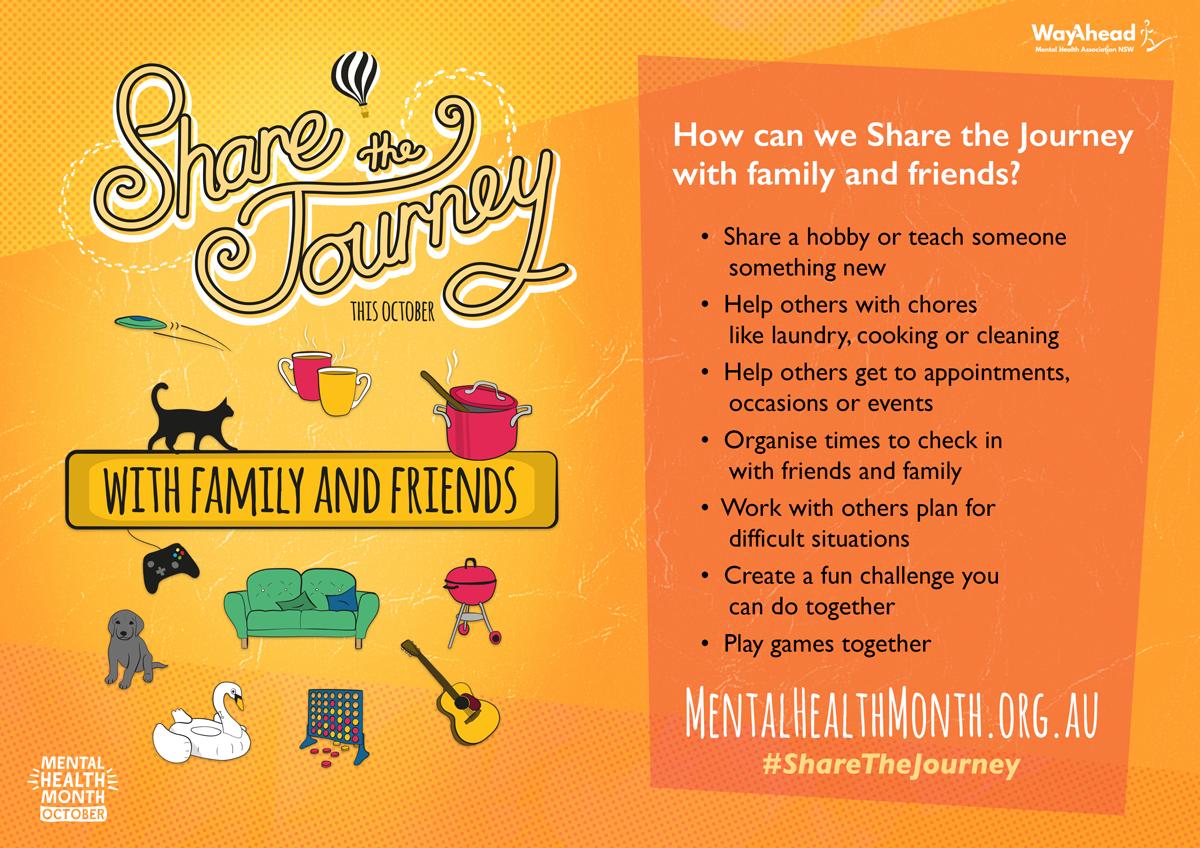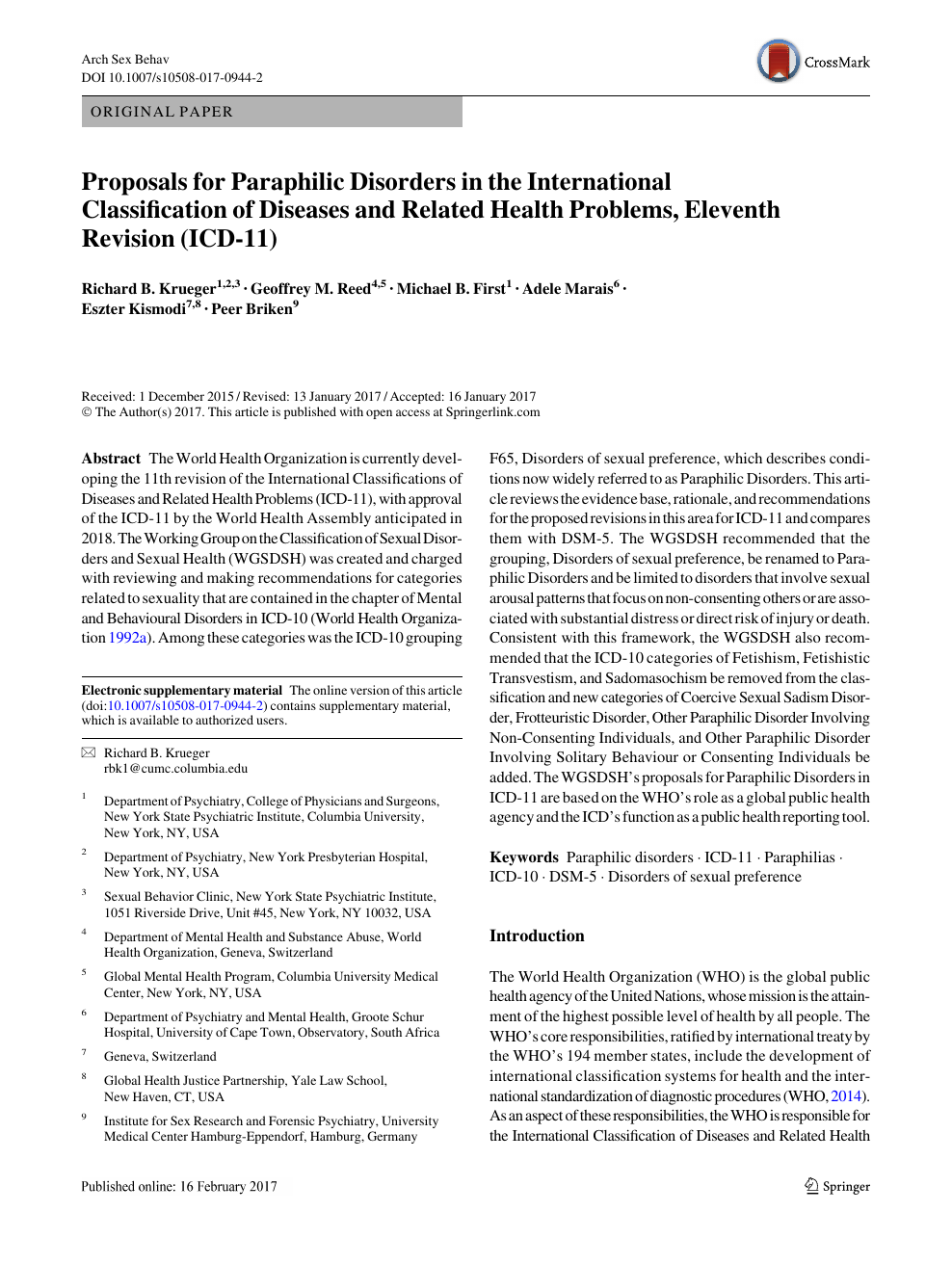
A national mental health hotline can be an invaluable resource. This hotline is available to anyone who needs advice or wants to talk about their problems. Many people fear calling a hotline for fear that they are exposing their vulnerability, but reaching out for help is not a sign of weakness. It takes courage and strength to speak to someone about your circumstances. These numbers offer a safe place to talk about feelings of depression or suicidal thoughts.
How to call a mental health hotline
Calling a mental health hotline will allow you to connect with someone who can help you. The operator of the hotline will assess the level of urgency and connect you with a mental health therapist to discuss the issue. The operator of the hotline will take the time to get to know you and your particular problem. They might also be able to offer advice depending on their level and expertise on anxiety.
For support and information, call the mental health helpline. They can also direct you to a local treatment facility. There are many treatment options and therapies available. Callers should know what to expect. A caller should also be aware of the different benefits of calling a mental health hotline. A caller will also have access to free publications on mental health issues as well as various therapy techniques.
Cost to call a mental health hotline
An anonymous hotline for mental issues is available at no cost. These hotlines are a great resource for information on mental health and treatment options. They can even connect you with local resources. It is important to remember that calling a hotline for mental health is intended to be used in times of crisis and most people don’t have the time to prepare. Still, it can be incredibly helpful to speak with someone who understands the struggles that many people have to deal with.

Calling a hotline about mental health can be scary for some people. However, hotline operators can help and they won't ask for your name. The staff are trained in listening to what is causing you distress, and how to get help. You aren't the only one. They've been there. It's a great way to start your journey toward recovery.
Talk to a mental health hotline
Many people feel ambivalent the first time they call a mental hotline. The help line is an invaluable resource. They can answer questions regarding mental health and offer support for the caller and their loved ones. Additionally, it can connect callers with treatment centers. The options and methods for treating each condition are varied and highly personal. A hotline for mental health can be life-saving.
If you are worried that you might be suffering from a mental illness, you can call a mental health hotline and talk to a trained counselor about your symptoms. While hotline operators cannot make your decisions, they can help you get information and connect with resources in the community. They will not schedule appointments for you but can help you create a plan to address any mental health issues.
Support for suicidal people
If someone is having suicidal thoughts, calling a hotline is a must. Whether the person is suffering from depression, suicidal thoughts, or a combination of these factors, there is a 24-hour line that is there to listen and give support. If the person isn't able to call directly, they can ask a close friend or family member to make that call. Or, you can text or phone the number. This may be possible depending on the location.

If you call a mental health hotline to help someone with suicidal thoughts, whether they are friends, family, or professionals, remember that suicidal people don't want death but want to stop suffering. Suicidal thoughts can be treated with treatment. It is important to get in touch with the person you are worried about and find out what has brought them to this situation. Talk to them about your feelings, thoughts, and concerns. Though it is difficult to talk about suicide, it is helpful because it reduces pain and makes the person feel better.
FAQ
What is Positive Psychology and Why Is It Important?
Positive psychology looks at what makes us feel better. Positive psychology aims to make people happier, healthier, more wiser, and better through self-improvement.
There are two kinds of positive psychology: trait and process. Trait psychology studies how people naturally behave. The process of positive psychology studies how to use specific strategies to achieve certain goals.
What is the importance of mental health?
Everyone needs mental health. You can't do anything else if you aren't mentally well. A healthy mind is vital.
Our bodies can start to feel stressed if we don't feel well. This could cause problems in the body such as backaches, stomachaches, headaches and stomach pains. To keep our bodies and minds healthy, we must take care ourselves.
How can I avoid mental health issues in the future?
Preventing mental health issues is easier said than done. Here are some tips:
-
Don't drink alcohol. Alcohol can affect your moods and increase your risk of depression.
-
Avoid drugs. Avoid using drugs.
-
Sleep enough. Anxiety and depression can result from sleep deprivation.
-
Exercise regularly. Exercise releases endorphins in your body, which makes you happy.
-
Consume healthy food. Eaten junk food can make one feel slow and unmotivated.
-
Spend quality times with loved ones. Spending time with those you love can improve your mood.
-
Have fun. Have fun and explore new things.
-
Social media can be exhausting. You may feel isolated or lonely on social media.
-
Take care of yourself. Treat yourself nicely, even if you aren't feeling great.
-
Ask for help. Ask for help if you are having difficulty coping. Talking to a family member or friend can be helpful.
-
Remember, it's OK to cry. It helps to release stress and tension. It does not mean that anything is wrong.
-
Be busy. Find something you like to do.
-
Maintain good hygiene. Poor hygiene can make you feel unkempt and unattractive.
-
Keep connected. Connecting with others will help you stay positive.
-
Learn how relax. Relaxation techniques such as meditation and yoga can help you to cope with stress.
-
Find meaning in what your do. Finding meaning in your hobbies or work can help you feel fulfilled.
-
Concentrate on the moment. Focusing on the present moment will allow you to stop worrying about the future.
-
Set goals. It can be motivating to set goals.
-
Do something nice for you. Your self-esteem can be raised by doing something kind for yourself.
-
Practice gratitude. Gratitude can help to appreciate all the blessings in your life.
-
Volunteer. Volunteering is a great way to have fun and make a positive impact in the world.
-
Give back. Giving back to others can make you feel fulfilled.
-
Watch out for warning signs. Do not hesitate to seek help if you notice changes in your behavior.
What effect does mental health have on my relationships?
Your mental well-being has a direct impact on all aspects of your life. It can affect your ability and willingness to work at all levels. It can also be difficult to develop meaningful relationships when you have mental health problems.
It's easy for people to judge you when you have a mental illness. You might even avoid social situations if you feel like no-one understands.
People want to be near you. They just need to know how to approach you.
So, if you're having trouble connecting with others, try talking to them about your feelings. Ask them to help you.
What are some examples for mental-emotional disorders?
Any condition that causes distress or impairment to functioning is called a mental disorder. Depression, anxiety, schizophrenia and borderline personality disorder are some examples of mental disorders.
Statistics
- It does have some influence, but not nearly as much as we might think, so focusing less on attaining wealth will likely make you happier (Aknin, Norton, & Dunn, 2009); (positivepsychology.com)
- Similarly, while there is some agreement about the boundaries of typical mental disorders 2, there is likely less agreement about those for positive mental health. (ncbi.nlm.nih.gov)
- In any given year, an estimated 18.1% (43.6 million) of U.S. adults ages 18 years or older suffered from any mental illness, and 4.2% (9.8 million) (healthypeople.gov)
- Appropriate nutrition and exercise are likely among the most efficacious and cost-effective positive mental health interventions. (ncbi.nlm.nih.gov)
- Similarly, for positive mental health, there is likely to be substantial agreement about some typical components (e.g., resilience to stress) 6, and controversy about more atypical components (e.g., career consolidation). (ncbi.nlm.nih.gov)
External Links
How To
Why Is Mental Health Essential, And What Steps Can You Make To Improve It
Mental health refers primarily to your mental state and emotional well-being. It affects your mood, behavior, thoughts, actions, relationships, sleep, eat and work.
Everyone should be concerned about mental health. However, when we speak of mental health we often refer to it as depression. Depression is a serious illness that impacts millions of Americans each year.
The term clinical depression is used to describe depression. It requires treatment by a physician. However, there are many forms and severity levels of depression.
Depression is defined by the National Institute of Mental Health as "a common disorder characterised by a depressed state that lasts for most of the day," loss of interest or pleasure in almost every activity, guilt or low selfworth, disturbed sleep and appetite, poor concentration, and thoughts of suicide.
People experience depression in various ways. Others may feel helpless, sad, hopeless and unmotivated. Others may feel empty, restless or agitated. Others may not feel anything at all.
Depression can be managed. There are medications, psychotherapy, exercise, diet changes, and lifestyle adjustments that can help relieve symptoms. Depression, if left untreated can cause issues at home, school, work and relationships.
Depression is more common in females than in men. However, both men and women can be affected. Depression is the leading cause worldwide of disability among men and woman aged 15 to 44.